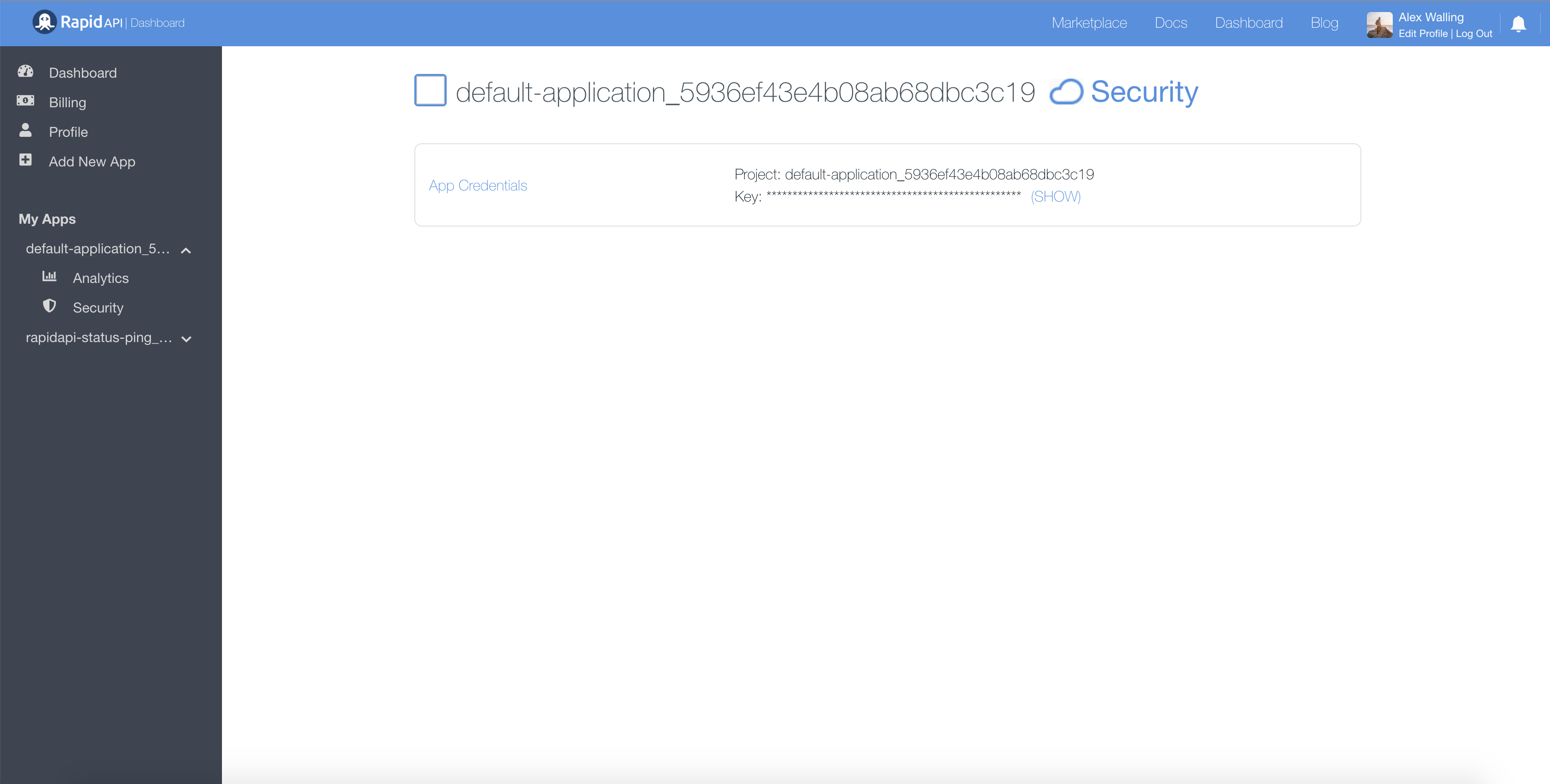Software For Api Key Generation
Prepackaged keys
The key verification value of the master key that was used to encrypt the key is returned in this field. This value should be saved along with the encrypted key value. When the encrypted key value is used on an API and the KVV is supplied, the API will be able to determine which version of the master key should be used to decrypt the key. The POST request section of API key generation is where parameters for the API key can be specified. This is an example of a POST body that creates an API key with a specific purpose and expiration date. API key generation in Desktop Central. An API key should be generated in Desktop Central and updated in ServiceDesk Plus. This will authenticate any communication from Desktop Central server to ServiceDesk Plus server. Authentication key can be created only for the logged on user and this user should have administrative privileges. Mass Key Generation User Guide July 2018 7 CHAPTER Generating Keys Using the 1 SDK In order to send a request to the CyberSource API, you need a security key. This software developer kit (SDK) enables portfolio users to mass generate security keys for their MIDs. The process consists of. This package can generate and validate software license keys. It takes as parameters several values like the name of the licensed user, license date, application id and the user computer host name. The package can generate a string that combines these parameter values using hashing algorithm. It can also verify of a given license string is valid from the same parameter values.

Both the MITREid Connect server webapp and the Simple Web App client come pre-packaged with public/private RSA key pairs, found in the keystore.jwks file included in each project's src/main/resources/ directory. Since these keys are the same for every clone of the repository, they are not suitable for use in a deployed system and MUST be replaced by newly generated keys.
Generating a public/private keypair
For testing purposes, you can use the Online JSON Web Key Generator.
You can use the JSON Web Key Generator project to generate a JSON Web Key suitable for your installation.
To generate a key, run java -jar json-web-key-generator-0.1-SNAPSHOT-jar-with-dependencies.jar. Several other arguments are defined which may be required depending on your key type:
The most common settings are for an RSA key pair of size 1024 wrapped in a key set with a key identifier, such as rsa1:
Free Api Software
java -jar json-web-key-generator-0.2-SNAPSHOT-jar-with-dependencies.jar -t RSA -s 1024 -S -i rsa1

This will output to the console a key like the following (but with a different key each time):
This JSON object is a JSON Web Key Set can be copied and pasted directly into a keystore.jwks file for use by the MITREid Connect JWKSetKeyStore class used in both the client and server.
Installing the key into a server
The server configuration uses the crypto-config.xml file to define the keys used by the server. The default configuration looks like this:
Software For Api Key Generation 2
The defaultKeyStore bean points to a file on disk that stores the public and private key pair in JWKS (JSON) format, such as the one generated above or included in the demo keystore.jwks Photoshop cs5 cd key generator. file. This bean automatically loads the contents of the file at startup and creates a key set that can be plugged into other services. To replace the set of keys, either override the keystore.jwks file and replace its contents with a new key, or override the crypto-config.xml file and point this bean's location parameter to a different keystone file somewhere else on disk, such as /etc/mitreid-connect/keystore.jwks.
Software For Api Key Generation 10
The defaultsignerService and defaultEncryptionService beans use the keys from the defaultKeyStore to create a set of signer/validator and encrypter/decrypter services based on those keys. Cube world alpha download mac. These services are used in the creation of ID Tokens, access tokens, JWT-formatted outputs from the UserInfo endpoint, and processing of signed and encrypted Request Objects. The keys are also fed into the JWK publication endpoint, which publishes the public key portion of the server's JWK at ${issuer}/jwk.